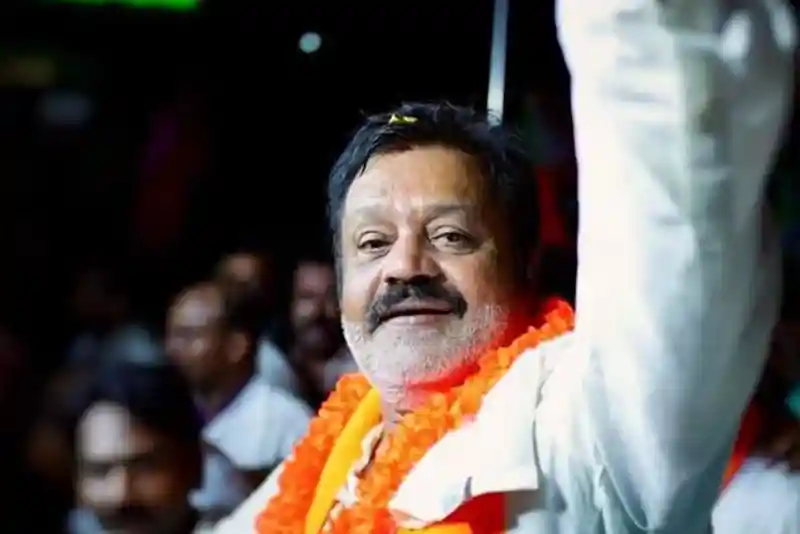
SC verdict will create more problems for divorced women: Muslim Panel
Emphasizing that the Supreme Court verdict vis-à-vis maintenance to divorced women is against the Islamic Law or Shairiah, the All India Muslim Personal Law Board (AIMPLB) Sunday said it will created more problems for the woman who has already suffered.

New Delhi: Emphasizing that the Supreme Court verdict vis-à-vis maintenance to divorced women is against the Islamic Law or Shairiah, the All India Muslim Personal Law Board (AIMPLB) Sunday said it will created more problems for the woman who has already suffered.
“The SC ruling on Muslim divorcee (woman) is against the Islamic Law (Shariah). It will create further problems to these women who have come out of their painful relationship”, the All India Muslim Personal Law Board resolved at its Working Committee meeting held in New Delhi.
“It doesn’t augur well with human reasoning that a man is held responsible to provide maintenance to his ex-wife when the marriage in itself ceases to exist”, the board said.
In a ruling on July 10, the Supreme Court of India said a former husband is obliged to give monthly amount to his divorced wife as maintenance under Section 125 of the Code of Criminal Procedure.
As per the Muslim Personal Law, a divorced woman is entitled to maintenance only for 90 days, which is the duration of Iddat. This is also as per the Muslim Women (Protection of Rights on Divorce) Act, 1986.
The Supreme Court in its verdict however said a divorced woman is entitled to monthly maintenance beyond 90 days.
Also Read: Triple Talaq may be worst, but 'Talaq' is still the best form of marriage dissolution
The Muslim panel said divorce is permissible in Islam, but it has never been encouraged and is advised to be used as a last option.
“As per Islam, divorce is allowed when the married life becomes difficult to maintain. Yet, among all the permissible acts in Islam, divorce is the most abhorred deed”, the All India Muslim Personal Law Board said.
The working committee authorized the President of the All India Muslim Personal Law Board to initiate all possible measures – legal, constitutional and democratic, to ensure that the SC verdict is rolled back.
The Muslim personal law further said that India is a multi-religion and diverse country and any attempt to impose uniform law is impractical and counterproductive.
“In a multi religious country like India “Hindu Law” is available to Hindu citizens and similarly the Muslims have the “Shariah Application Act 1937”. As per Article 25 of the Constitution, all religious entities have the right to practice their religion which is fundamental right enshrined in the constitution”, the board said.
The board in its working committee meeting also discussed the attempt to implement the Uniform Civil Code (UCC) and protection of the Waqf properties.
The board members also expressed their concerns over violence against Muslims and cases of mob lynching that surged after the 2024 Lok Sabha elections.
Select Language To Read in Urdu, Hindi, Marathi or Arabic.

